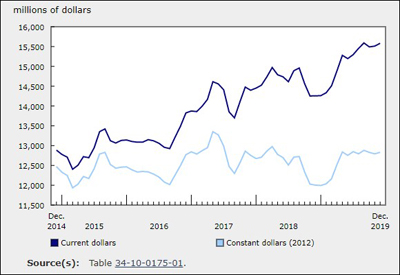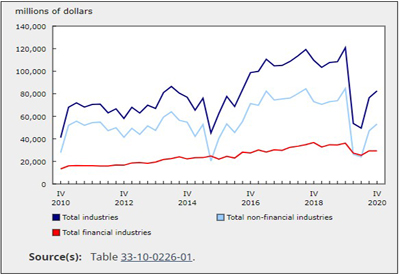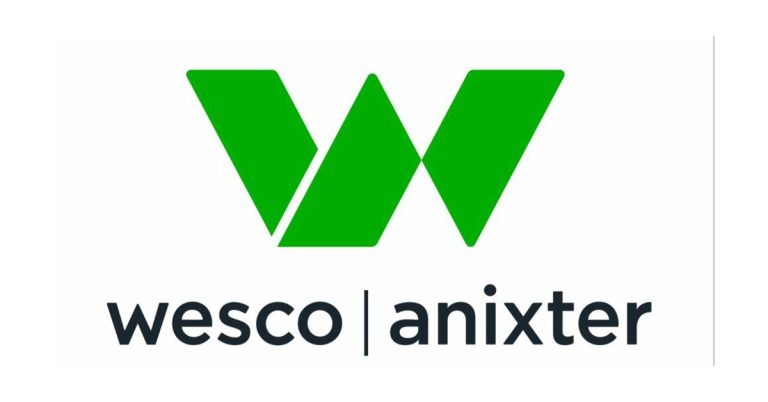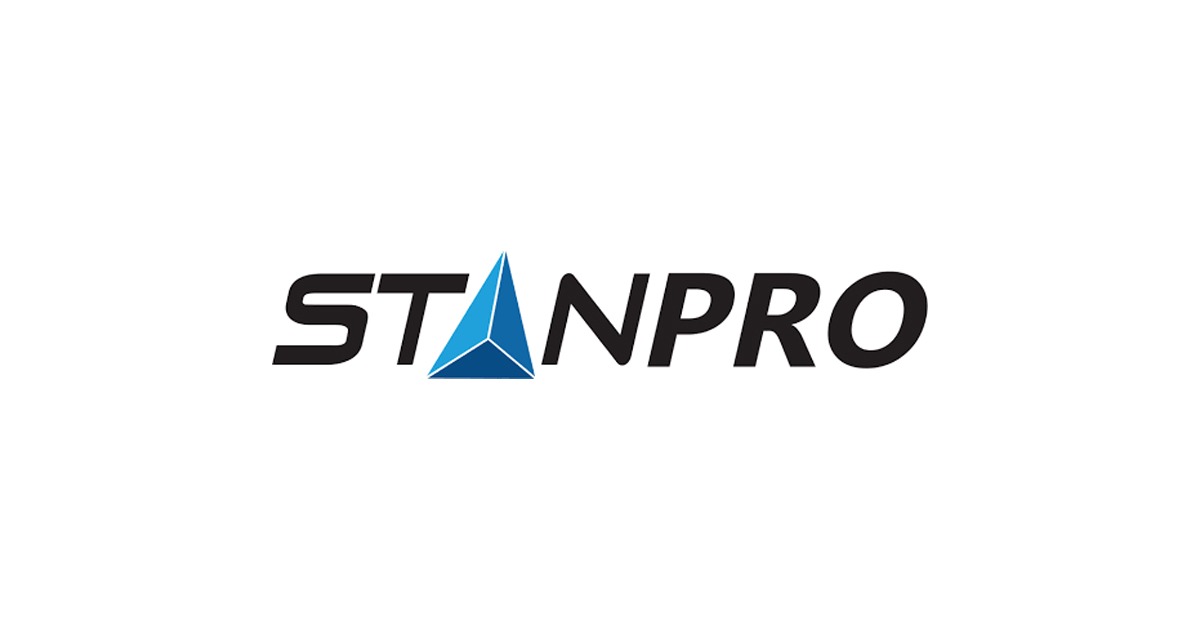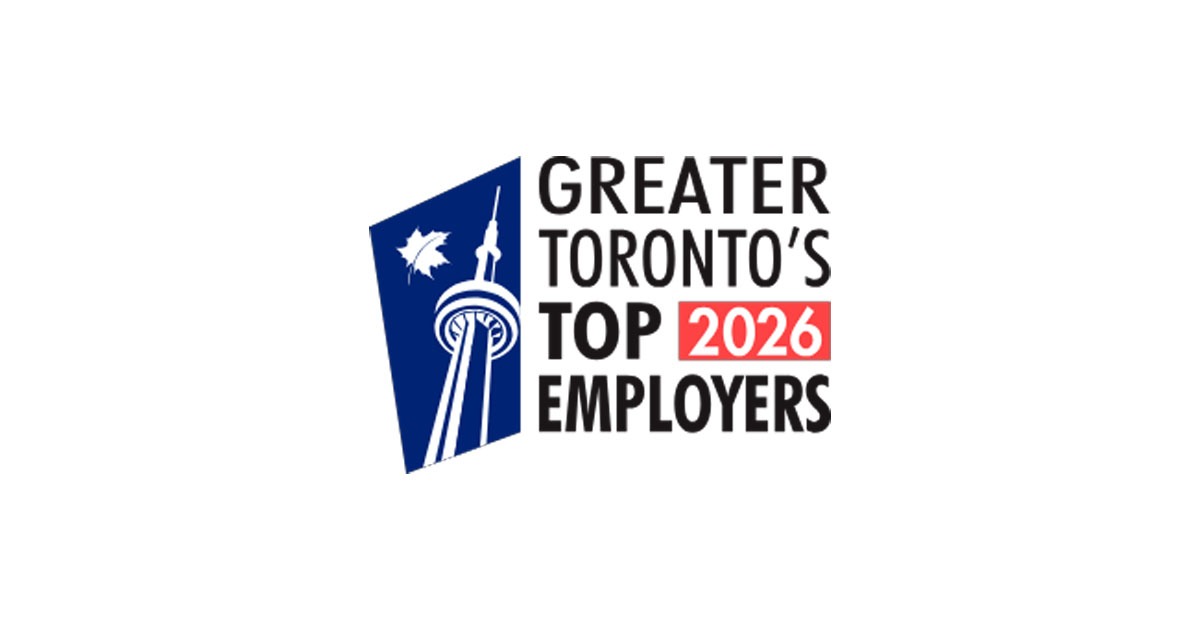Preparing Distribution Sales Pros for the Future

Howard Stevens
For decades, sales and academia remained worlds apart. Many salespeople lacked a formal education, and did not see the need for one, nor did their employers. In turn, the academic community, even business schools, saw selling as a trade or vocation.
So, the training of wholesale distribution salespeople has largely occurred outside academia. Few colleges or universities offered courses on selling or sought enrolments from salespeople, except for those looking to get out of sales into a management role.
The gulf between sales and academia, however, is shrinking. Sales pros realize that they need deeper and broader business knowledge to add value to their customer relationships. And, pressures on academia to make their business programs more practical are driving them to include sales training and sales management in the curricula.
The concept of a dedicated salesperson — and selling as a separate function that requires specialized training or education — is new. Originally, selling and the role of the wholesale distribution salesperson were akin to service work. Selling was seen, and trained, as a set of behaviours that could be instilled in anyone motivated to learn the craft. Salespeople were told (even scripted) what to say, how to dress, what expression to wear, how to move their hands, and how to hold a pen when handing it to a customer to sign on the dotted line.
The notion that selling behaviour is standardized has remained a potent paradigm. Even today, we tend to view selling as a low-level function. Some sales training courses, internal and external, still include selling scripts and other artifacts from earlier decades. Academia has echoed the attitude of business towards selling, tending to view it as something that’s vocational (not a profession appropriate for college courses, or worthy of research).
Over the past century, sales has evolved from a trade to a technology to a profession. Traditionally, salespeople were the point of contact and purveyors of information. They carried information to the customer, did some selling, and then carried the order back. Sometimes the rep would ensure that the order was fulfilled and serviced correctly. But they mainly made the sale and moved on. Today, wholesale distribution sales pros are asked to create solutions and manage the delivery. So, the selling function has been transformed from just a people-oriented job into a business-oriented job with strong associated people skills — like the ability to maintain long-term business relationships.
Wholesaler-distributor sales pros are expected to become trusted advisors, consultants, and outsourced managers who can work with customers to improve the customer’s business. In this collaborative environment, selling means cultivating and maintaining a business partnership rather than simply selling a big-ticket item.
Demands on sales training
Customers expect salespeople to manage the relationship, understand their business, and provide value beyond the products or services they sell. You can’t be a trusted advisor without knowing 1) the way the customer’s business works, including their market and customer; and 2) the way your business works. For example, since aggressive discounting creates a price war with competitors, no one wins. While solution selling is more likely to result in profitability for the seller’s firm, a strategic partnership is more likely to forge a relationship that creates profit over time. Such partnerships require sales pros to know business issues, beyond the product or service being sold.
Clearly, distribution salespeople are no longer walking catalogues who merely inform customers about product updates and fill out order forms. Today, they are involved in new product and service development, supply chain management, and strategic planning. They are more like entrepreneurs — managers of their own business, servicing the connections between the buyer and vendor.
Another change is the need for team selling. Sales is becoming a profession, like engineering, finance, and HR. Sales jobs now require general business knowledge and integration between the sales function, and other functions (marketing, engineering, accounting) inside both the buyer’s and seller’s firm. A career in sales is viewed as a viable option for college graduates. To remain relevant, distribution sales pros require general business knowledge.
Why academia is embracing sales
Academia and business schools are taking sales more seriously, thanks to customer demand from students who pay the bills and companies that seek to hire them. When students identify a need for more practical training, academics begin to question their prejudice against preparing students for highly compensated sales positions.
As the financial pressure on education rises, universities look for additional revenue sources and sales programs to attract corporate dollars, and student fees. Studying sales in an academic environment allows sales to become an integrated component of all functional departments and colleges where graduates must interface with real customers. A certificate in sales certainly enhances their attractiveness to recruiters.
Howard Stevens is the Founder and Chairman of Chally Group Worldwide, a sales research, potential, and performance measurement company.
See the full story on sales and academia as part of The Future of Selling book series at www.chally.com.
This article has been reprinted with permission from Industrial Distribution.



